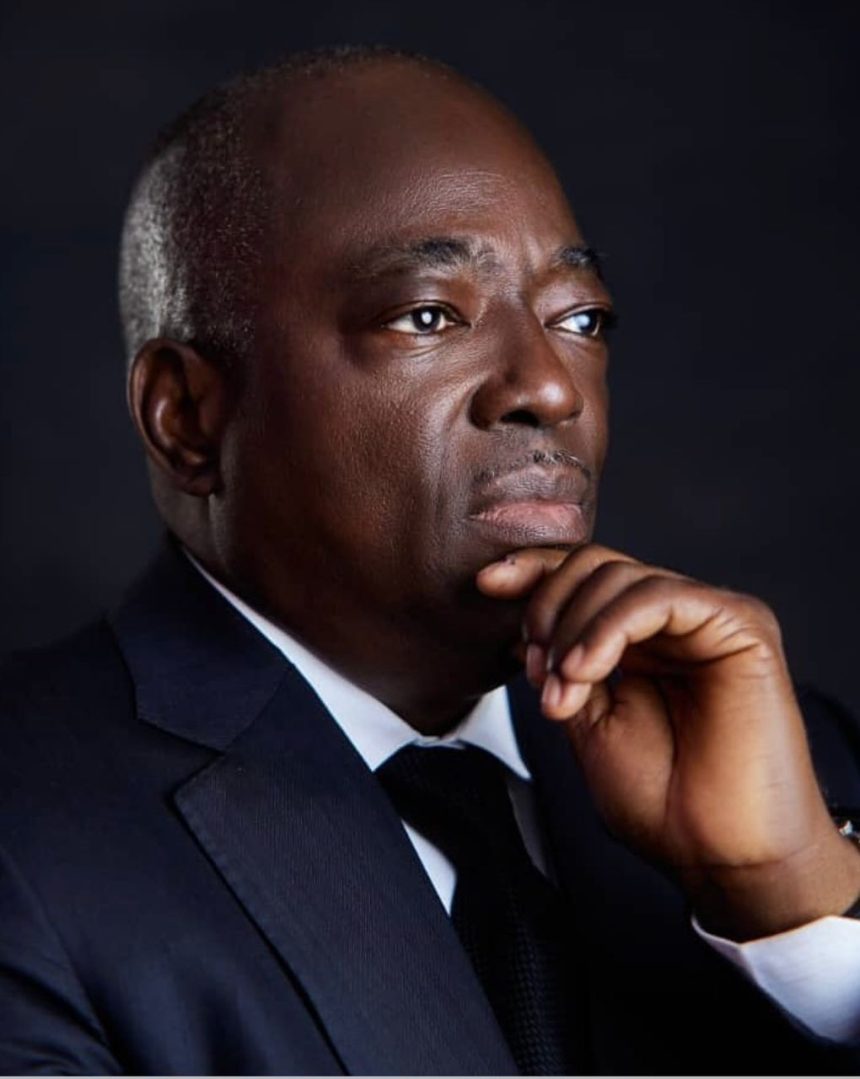Aare Olumuyiwa Akinboro, SAN, has raised significant concerns about the subservient nature of Nigeria’s federalism, particularly focusing on the imbalance between the federal and state governments.
According to Akinboro, the constitutional framework as outlined in Section 4(5) of the 1999 Constitution, which establishes that federal laws prevail over state laws in cases of conflict, is a key issue. While this provision may ensure legal certainty, it undermines the essence of federalism by limiting the autonomy of state governments.
Aare Olumuyiwa Akinboro, SAN, is a distinguished Nigerian lawyer known for his advocacy on constitutional matters and legal reforms. With decades of experience in the legal profession, Akinboro has been instrumental in providing insights on Nigeria’s federal structure.
He holds a significant reputation in Nigerian legal circles for his contributions to constitutional discourse and his unwavering stance on achieving a more balanced federal system.

Akinboro’s legal expertise is frequently sought in discussions surrounding Nigeria’s governance, especially issues of federalism, legislative powers, and the autonomy of states.
Akinboro’s position is that Nigeria’s current practice of “unitary-federalism” diminishes the power of state governments and effectively subordinates them to the federal government.
He points out that the decision in Niwa & Ors v. Laswa & Ors, which upheld the supremacy of federal legislation over state laws, further entrenches this imbalance, eroding the independence of states.
Akinboro also criticizes the application of federal dominance over areas that should fall under state jurisdiction, particularly in terms of resource control, security, and policing. This imbalance, he argues, not only violates the principles of federalism but also weakens Nigeria’s constitutional framework.
Akinboro recommends several reforms to address the imbalance in Nigeria’s federal structure:
To address these issues, Akinboro advocates for the following:
Constitutional Reforms:
Clarifying Legislative Authority:
Enhancing State Autonomy:

A constitutional restructuring that grants states greater autonomy. He specifically calls for reforms in fiscal federalism, enabling states to manage their internally generated revenue and resources without undue reliance on federal allocations.
Additionally, Akinboro recommends clarifying the delineation of legislative powers to ensure that states can take the lead on critical matters such as security and development initiatives, without federal interference.
The Way Forward :
From Akinboro’s position, it is clear that Nigeria’s federalism needs urgent restructuring to better reflect the independence and autonomy of the states.
To move forward, the Nigerian government should prioritize constitutional amendments that:
-
Address resource control: Allow states to have greater control over their natural resources, reducing the current dependency on federal allocations.
-
Ensure the equal distribution of powers: Review and revise Section 4(5) of the Constitution, which currently gives primacy to federal laws, to allow states greater legislative autonomy, especially on key matters like security and policing.
-
Strengthen fiscal federalism: Encourage reforms that grant states more control over their economic resources, enabling them to better manage local issues without excessive reliance on federal funds.
Ultimately, Akinboro’s position emphasizes the need for constitutional reforms that foster a functional federal system where states and the federal government operate as equal partners, ensuring a more balanced and effective governance structure in Nigeria.
Read More:
AKINBORO, ADVOCATES FOR HEALTH PRIORITIZATION AMONG LAWYERS
A Grand Reception for Aare by the Eastern Bar Forum in Ebonyi State
Akinboro Stands in Solidarity with the Neurodiverse Community on World Autism Awareness Day









